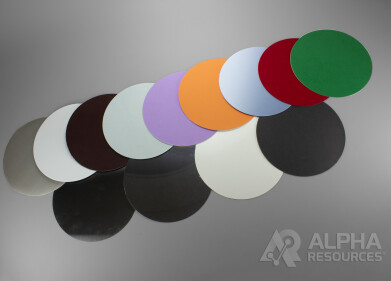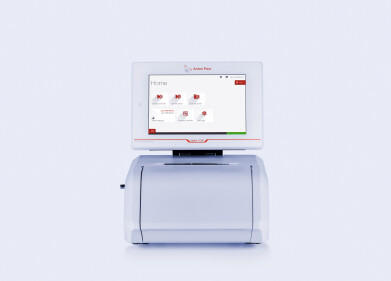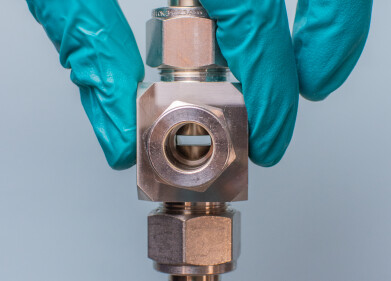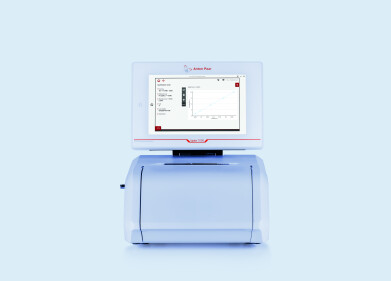Mass Spectrometry & Spectroscopy
New LCMS Triple Quadrupole Combines Highest Sensitivity with Unmatched Speed
Jun 09 2015
The LCMS-8060 triple quadrupole mass spectrometer from Shimadzu is designed to push the limits of LC/MS/MS quantitation for applications requiring the highest sensitivity and robustness while delivering a meaningful solution for routine LC/MS/MS analyses. It detects substances at ultra-trace level as they occur in complex matrices, for example, or in smallest sample concentrations which have to be diluted in order to avoid matrix effects.
The LCMS-8060 is the newest member of Shimadzu’s UFMS (Ultra-Fast Mass Spectrometry) family and part of the Shimadzu mass spectrometry platform of MS/MS systems with ultra-fast technologies. The system combines a heated ESI source with all UF technologies including UFsweeper III, a collision cell filled with argon gas. Through its high speed technology, UFsweeper III achieves dwell times of 0.8 ms per MRM. With new UF Qarray ion guide technology increasing ion production and signal intensity, the LCMS-8060 introduces a new level of sensitivity and makes a real difference to working better and faster.
The LCMS-8060 is a ground-breaking technology in mass spectrometry and creates new opportunities for scientists to deliver solutions that make a real difference. The system will have an important impact on routine high performance LC/MS/MS analysis. Together with the platform of industry leading mass spectrometry MS/MS systems and liquid chromatography products, Shimadzu hopes to transform LC/MS/MS and bring about a game-changing technology.
With a data acquisition scan speed of 30,000 u/sec and a polarity switching time of 5 msec the LCMS-8060 brings new levels of data quality and confidence at the highest sensitivity.
Robustness of the LCMS-8060 and modified ion optics was assessed by injecting 2,400 samples of femtogram levels of alprazolam spiked into protein-precipitated human plasma extracts over a six day period (over 400 samples were injected each day). RSD of peak area response was 5% over this test period, and use of a deuterated internal standard (alprazolam-d5) led to RSD of 3.5%. As part of the robustness test the vacuum system was vented to model a transient power failure, with however no effect on signal response or baseline noise level.
Digital Edition
Lab Asia 31.6 Dec 2024
December 2024
Chromatography Articles - Sustainable chromatography: Embracing software for greener methods Mass Spectrometry & Spectroscopy Articles - Solving industry challenges for phosphorus containi...
View all digital editions
Events
Jan 22 2025 Tokyo, Japan
Jan 22 2025 Birmingham, UK
Jan 25 2025 San Diego, CA, USA
Jan 27 2025 Dubai, UAE
Jan 29 2025 Tokyo, Japan



















